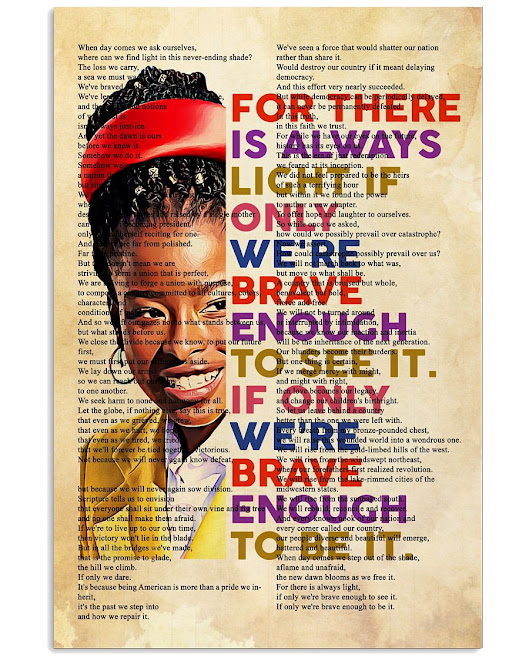German Shepherd And Wine Make Everything Fine Poster

Buy this product here: German Shepherd And Wine Make Everything Fine Poster
Home page: Kernelshirt Shop
German Shepherd And Wine Make Everything Fine Poster
Along with that suspicion come suspicions of "clientitis" and elitism. I was told a story about one U.S. Diplomat's wife in Cairo during the 1956 Sinai war who innocently said of the Egyptians, then fighting a British-French-Israeli alliance: "We're so proud of them." The head of a conservative foundation in Washington once lectured me along these lines. "Spanish--because of our intimate contact with the Latin world--connotates a non-elite, drug-lord, 7-Eleven-store culture. Arabic is a distant, difficult, and thus mysterious language, and fluency in it suggests erudite entry to a ruling class where Jews and other ethnic Americans are not welcome."
In the wake of Iraq's August, 1990, invasion of Kuwait, which most Arabists did not anticipate, the term "Arabist" became even more negative. Francis Fukuyama, then a Reagan Administration appointee on the State Department's Policy Planning Staff, and now a consultant for the Rand Corporation, commented after the invasion, "Arabists are more systemically wrong than other area specialists in the Foreign Service. They were always sending cables, and coming into the [Planning Staff] office, saying things about Saddam being a potential moderate that now they're claiming they never said."
The more it gained ascendancy as a term of political abuse, the more indiscriminately "Arabist" came to be applied. During the Gulf crisis the New York Times columnist William Safire and the Washington Post columnist Jim Hoagland frequently described John Kelly, who was then the assistant secretary of state for Near Eastern and South Asian affairs, as an Arabist, even though Kelly, with his limited Middle East experience, was distrusted by real Arabists as a politically imposed outsider. By war's end anyone who was vaguely sympathetic toward Arabs was being called an Arabist, even if he or she didn't speak the language and had never lived in the Arab world. I asked a senior Arabic-speaking diplomat at the State Department about the word "Arabist," and he frowned, his chin slumping to his chest, as he muttered, "The word has become poison; nobody uses it around here anymore."
Visit our Social Network: Kernelshirt Pinterest, Instagram, Twitter and Our blog kernelshirt.over-blog,Kernelshirts.blogspot



Nhận xét
Đăng nhận xét